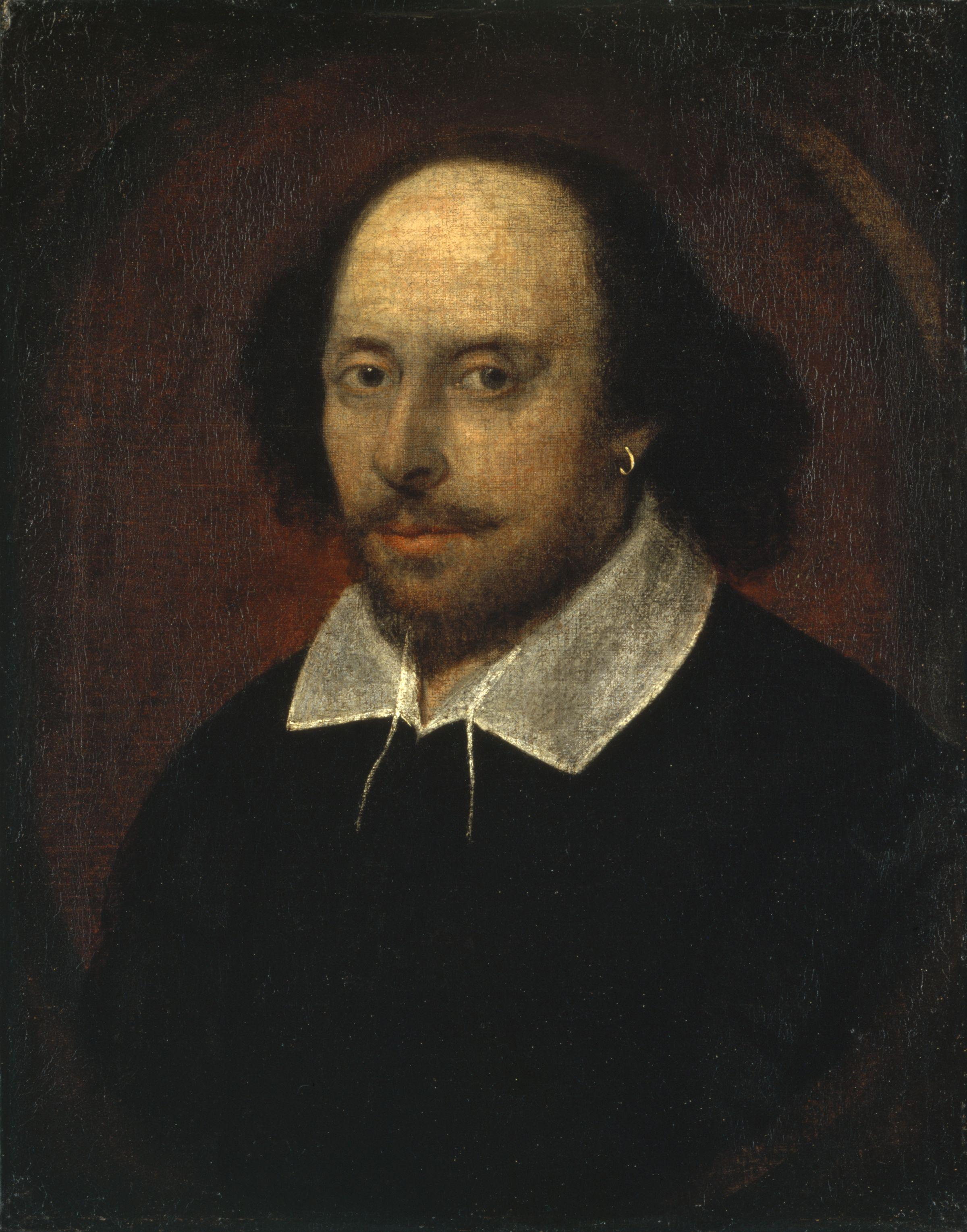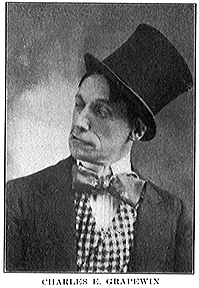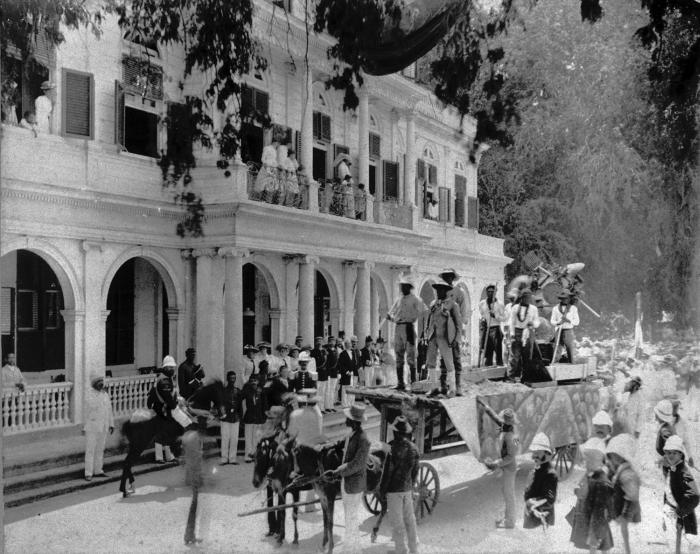|
Auguste Le Poitevin De L'Égreville
Auguste Le Poitevin de L’Égreville or Saint-Alme, (Paris, 1791 – Paris, 31 August 1854) was a 19th-century French homme de lettres and playwright. The son of the actor known under the name de Resicourt, he made his literary debut in 1821 in literature, 1821 with two novels, ''Charles Pointel, ou Mon Cousin de la main gauche'', 4 vol. in-12, and ''les Deux Hector, ou les Deux Familles bretonnes'', 2 vol. in-12, which obtained a mediocre success. They were followed by ''l’Héritière de Birague'', 1822, 4 vol. in-12 ; ''l’Anonyme ou Ni père ni mère'', Paris, 1823, 3 vol. in-12, and ''Michel et Christine'' and ''la Suite'', same date, 3 vol. in-12, which were quite well received. In 1824 in literature, 1824, in collaboration with Honoré de Balzac, Balzac, he published ''Jean-Louis, ou la Fille trouvée'', 4 vol. in-12. Le Poitevin, who also took an active part in the edition of small newspapers, often borrowed anonymity and hid under the names Viellerglé (anagram of Légre ... [...More Info...] [...Related Items...] OR: [Wikipedia] [Google] [Baidu] |
Paris
Paris () is the Capital city, capital and List of communes in France with over 20,000 inhabitants, largest city of France. With an estimated population of 2,048,472 residents in January 2025 in an area of more than , Paris is the List of cities in the European Union by population within city limits, fourth-most populous city in the European Union and the List of cities proper by population density, 30th most densely populated city in the world in 2022. Since the 17th century, Paris has been one of the world's major centres of finance, diplomacy, commerce, culture, Fashion capital, fashion, and gastronomy. Because of its leading role in the French art, arts and Science and technology in France, sciences and its early adoption of extensive street lighting, Paris became known as the City of Light in the 19th century. The City of Paris is the centre of the Île-de-France region, or Paris Region, with an official estimated population of 12,271,794 inhabitants in January 2023, or ... [...More Info...] [...Related Items...] OR: [Wikipedia] [Google] [Baidu] |
Act (drama)
An act is a major division of a theatrical work, including a play, film, opera, ballet, or musical theatre, consisting of one or more scenes. The term can either refer to a conscious division placed within a work by a playwright (usually itself made up of multiple scenes) or a unit of analysis for dividing a dramatic work into sequences. The word ''act'' can also be used for major sections of other entertainment, such as variety shows, television programs, music hall performances, cabaret, and literature. Acts and scenes An act is a part of a play defined by elements such as rising action, climax, and resolution. A scene normally represents actions happening in one place at one time and is marked off from the next scene by a curtain, a blackout, or a brief emptying of the stage. The elements that create the plot of a play and divide it into acts include the exposition, which sets up the rest of the story by giving basic information. Another element is the inciting incid ... [...More Info...] [...Related Items...] OR: [Wikipedia] [Google] [Baidu] |
Writers From Paris
A writer is a person who uses written words in different writing styles, genres and techniques to communicate ideas, to inspire feelings and emotions, or to entertain. Writers may develop different forms of writing such as novels, short stories, monographs, travelogues, plays, screenplays, teleplays, songs, and essays as well as reports, educational material, and news articles that may be of interest to the general public. Writers' works are nowadays published across a wide range of media. Skilled writers who are able to use language to express ideas well, often contribute significantly to the cultural content of a society. The term "writer" is also used elsewhere in the arts and music, such as songwriter or a screenwriter, but also a stand-alone "writer" typically refers to the creation of written language. Some writers work from an oral tradition. Writers can produce material across a number of genres, fictional or non-fictional. Other writers use multiple media such ... [...More Info...] [...Related Items...] OR: [Wikipedia] [Google] [Baidu] |
19th-century French Dramatists And Playwrights
The 19th century began on 1 January 1801 (represented by the Roman numerals MDCCCI), and ended on 31 December 1900 (MCM). It was the 9th century of the 2nd millennium. It was characterized by vast social upheaval. Slavery was Abolitionism, abolished in much of Europe and the Americas. The First Industrial Revolution, though it began in the late 18th century, expanded beyond its British homeland for the first time during the 19th century, particularly remaking the economies and societies of the Low Countries, France, the Rhineland, Northern Italy, and the Northeastern United States. A few decades later, the Second Industrial Revolution led to ever more massive urbanization and much higher levels of productivity, profit, and prosperity, a pattern that continued into the 20th century. The Catholic Church, in response to the growing influence and power of modernism, secularism and materialism, formed the First Vatican Council in the late 19th century to deal with such problems an ... [...More Info...] [...Related Items...] OR: [Wikipedia] [Google] [Baidu] |
Vaudeville
Vaudeville (; ) is a theatrical genre of variety entertainment which began in France in the middle of the 19th century. A ''vaudeville'' was originally a comedy without psychological or moral intentions, based on a comical situation: a dramatic composition or light poetry, interspersed with songs and dances. Vaudeville became popular in the United States and Canada from the early 1880s until the early 1930s, while changing over time. In some ways analogous to music hall from Victorian Britain, a typical North American vaudeville performance was made up of a series of separate, unrelated acts grouped together on a common bill. Types of acts have included popular and classical musicians, singers, dancers, comedians, trained animals, magicians, ventriloquists, strongmen, female and male impersonators, acrobats, clowns, illustrated songs, jugglers, one-act plays or scenes from plays, athletes, lecturing celebrities, minstrels, and films. A vaudeville performer ... [...More Info...] [...Related Items...] OR: [Wikipedia] [Google] [Baidu] |
Étienne Arago
Étienne Vincent Arago (9 February 1802 – 7 March 1892) was a French writer and politician, and co-founder (with Maurice Alhoy) of the newspaper ''Le Figaro''. Early life Arago was born in Perpignan, the youngest of the four Arago brothers. His parents were François Bonaventure Arago (1754–1814) and Marie Arago (1755–1845). He entered the École Polytechnique but left due to involvement with the Carbonari. Career He pursued literary interests and was an acquaintance of Honoré de Balzac (they co-wrote an unsuccessful novel). In 1829, he became director of the Théâtre du Vaudeville; it closed in 1838, leaving him with considerable debts. In February 1848, during the Revolution of that year, he became director of the national post office. He was active in political movements and opposed Napoleon III, and was in exile in Belgium from 1849 to 1859. He briefly served as mayor of Paris, for two months in 1870, during the Franco-Prussian War. Later, he was involved in a ... [...More Info...] [...Related Items...] OR: [Wikipedia] [Google] [Baidu] |
Tableau Vivant
A (; often shortened to ; ; ) is a static scene containing one or more actors or models. They are stationary and silent, usually in costume, carefully posed, with props and/or scenery, and may be theatrically illuminated. It thus combines aspects of theatre and the visual arts. They were a popular medieval form that revived considerably from the 19th century, probably as they were very suitable for recording by photography. The participants were now mostly amateurs, participating in a quick and easy form of amateur dramatics that could be brought together in an evening, and required little skill in acting or speaking. They were also popular for various sorts of community events and parades. In the late 19th and early 20th centuries, there was also a type of ''tableau'' used in the professional theatre, taking advantage of the extra latitude the law allowed for the display of nudity so long as the actors did not move. Tableaux featured ('flexible poses') by virtually nude ... [...More Info...] [...Related Items...] OR: [Wikipedia] [Google] [Baidu] |
Amphithéâtre Anglais
The Cirque Olympique () in Paris, also known as the Cirque Franconi, was an equestrian theatre company, founded in 1782 by Philip Astley, the English inventor of the modern circus ring, and was initially known as the Cirque d'Astley or the Cirque Anglais. Amphithéâtre Anglais Astley's theatre, the Amphithéâtre Anglais or Amphithéâtre d'Astley, was the first purpose-built circus building in France. It was located on a large site in the rue du Faubourg du Temple and was a round theatre constructed in wood, with two seating levels and lit by 2,000 candles. The theatre was open four months out of the year and featured equestrian performances interspersed with juggling and other acts. Cirque Franconi Astley leased his Parisian circus to Antonio Franconi in 1793, during the French Revolution. Because of the small size of Astley's theatre, Franconi moved the circus to the enclosure of the former Convent of the Capucines, where he constructed stables and a new theatre.Wild 1989, ... [...More Info...] [...Related Items...] OR: [Wikipedia] [Google] [Baidu] |
Homme De Lettres
An intellectual is a person who engages in critical thinking, research, and reflection about the nature of reality, especially the nature of society and proposed solutions for its normative problems. Coming from the world of culture, either as a creator or as a mediator, the intellectual participates in politics, either to defend a concrete proposition or to denounce an injustice, usually by either rejecting, producing or extending an ideology, and by defending a system of values. Etymological background "Man of letters" The term "man of letters" derives from the French term ''belletrist'' or ''homme de lettres'' but is not synonymous with "an academic". A "man of letters" was a literate man, able to read and write, and thus highly valued in the upper strata of society in a time when literacy was rare. In the 17th and 18th centuries, the term ''Belletrist(s)'' came to be applied to the ''literati'': the French participants in—sometimes referred to as "citizens" of—th ... [...More Info...] [...Related Items...] OR: [Wikipedia] [Google] [Baidu] |
Melodrama
A melodrama is a Drama, dramatic work in which plot, typically sensationalized for a strong emotional appeal, takes precedence over detailed characterization. Melodrama is "an exaggerated version of drama". Melodramas typically concentrate on dialogue that is often bombastic or extremely sentimentality, sentimental, rather than on action. Characters are often Character (arts)#Round vs. flat, flat and written to fulfill established character archetypes. Melodramas are typically set in the private sphere of the home, focusing on morality, family issues, love, and marriage, often with challenges from an outside source, such as a "temptress", a scoundrel, or an aristocratic villain. A melodrama on stage, film, or television is usually accompanied by dramatic and suggestive music that offers further cues to the audience of the dramatic beats being presented. In scholarly and historical musical contexts, melodramas are Victorian era, Victorian dramas in which orchestral music or son ... [...More Info...] [...Related Items...] OR: [Wikipedia] [Google] [Baidu] |
Hippolyte Castille
Hippolyte Castille (8 November 1820, Montreuil-sur-Mer – 26 September 1886, Luc-sur-Mer) was a French writer and polemicist. Castille wrote in collaboration with Frédéric Bastiat and Gustave de Molinari. Among his works are the ''Portraits historiques du dix-neuvième siècle'', with portraits of the likes of Chateaubriand, Baroche and Lamartine, among many others. He also wrote about Napoleon III Napoleon III (Charles-Louis Napoléon Bonaparte; 20 April 18089 January 1873) was President of France from 1848 to 1852 and then Emperor of the French from 1852 until his deposition in 1870. He was the first president, second emperor, and last .... Publications * Le Dernier Banquet de la bourgeoisie, 1849 * La Place publique, 1849 * Les Ambitieux, 1851 * Les Oiseaux de proie, 1851 * L'Ascalante, 1852 * Les Hommes et les Mœurs en France sous le règne de Louis-Philippe, 1853 * La Chasse aux chimères. Le Dernier des Starle, 1854 * Histoire de la seconde République français ... [...More Info...] [...Related Items...] OR: [Wikipedia] [Google] [Baidu] |






